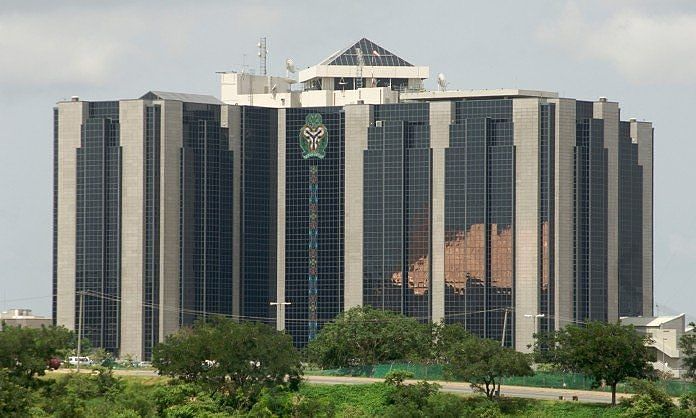In a recent announcement, the Central Bank of Nigeria (CBN) made a decision that stirred mixed reactions across the nation.
The apex bank, possibly acting on the directive of the presidency, said that it had decided to lift the ban on 43 items that were previously restricted from accessing foreign exchange (forex) from the investors’ and exporters’ (I&E) window.
This move has left many Nigerians pondering the rationale behind such a decision, especially at a time when the country is grappling with forex scarcity and a weakening of the naira.
To fully understand the gravity of this decision, let’s rewind to 2015 when the CBN initially restricted 41 items from accessing forex through the I&E window, which is Nigeria’s official forex market and later increased the list to 43.
The primary aim at that time was to bolster local production, maintain the stability of the naira, and ensure efficient utilization of forex.
8 Years After, CBN Opens Forex Border To 43 Banned Items
This time round, in lifting the ban, the CBN said it was a means to boost liquidity in the Nigerian Foreign Exchange Market, with assurances of intervening when necessary and reducing these interventions as liquidity improves.
While these intentions may sound noble, the timing of this decision raises questions.
The government is currently grappling with a forex scarcity and the naira is on a downward spiral. In light of this, many Nigerians find it difficult to fathom why the forex restrictions are being eased.
One cannot deny that the government’s efforts to protect and boost local production and the economy are commendable. However, is this the right time for such a move? The government appears to be running against the clock in search of forex to defend the naira and prevent further devaluation.
At this juncture, the focus should shift towards implementing policies and programs that encourage an increase in exports to earn more forex, rather than facilitating more imports.
The Manufacturers Association of Nigeria (MAN) echoes these concerns and advises the Federal Government to reconsider the decision. They assert that the new policy could lead to the collapse of several industries in no time.
This is a pressing issue, as the protection of local consumption and businesses should be a top priority for this government.
Furthermore, the affordability of many imported items, in comparison to local alternatives, stems from issues like high production costs, unreliable power supply, and the burden of multiple taxation on local businesses.
To truly bolster the local economy, the government should shift its focus towards removing these impediments. Improving the erratic power supply and streamlining taxation would go a long way in encouraging local businesses to flourish, expand, and even venture into exports, thus earning the much-needed forex.
In our view, the government still has an opportunity to reconsider its stance on this issue. Reimposing the ban on the 43 items until the pressure on the naira eases and the nation has an adequate forex reserve seems to be a more prudent choice. Protecting local businesses should remain the foremost priority, and addressing the root causes of our economic challenges should be paramount.
Pointedly,Nigeria has various options to consider for strengthening its foreign reserves. These include diversifying exports, engaging in foreign exchange interventions, attracting Foreign Direct Investment (FDI), issuing foreign-denominated bonds, cultivating trade surpluses, prudent management of sovereign wealth funds, and the management of natural resources.
A judicious mix of these approaches, combined with a strong emphasis on protecting local businesses, can contribute to economic stability and long-term prosperity.
Undoubtedly, the decision by the CBN to lift the forex restrictions on 43 items has stirred a contentious debate in Nigeria. While the government’s intentions to bolster the economy and protect local businesses are commendable, the timing of this move is under scrutiny.
It is from this perspective that we urge the government to reconsider this decision, focusing on addressing the root causes of economic challenges, promoting exports, and creating a conducive environment for local businesses to thrive.
The protection of local industries and the strengthening of foreign reserves should go hand in hand to secure Nigeria’s economic future.





